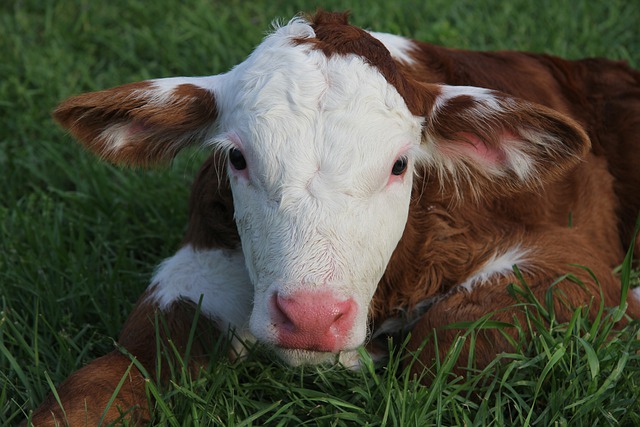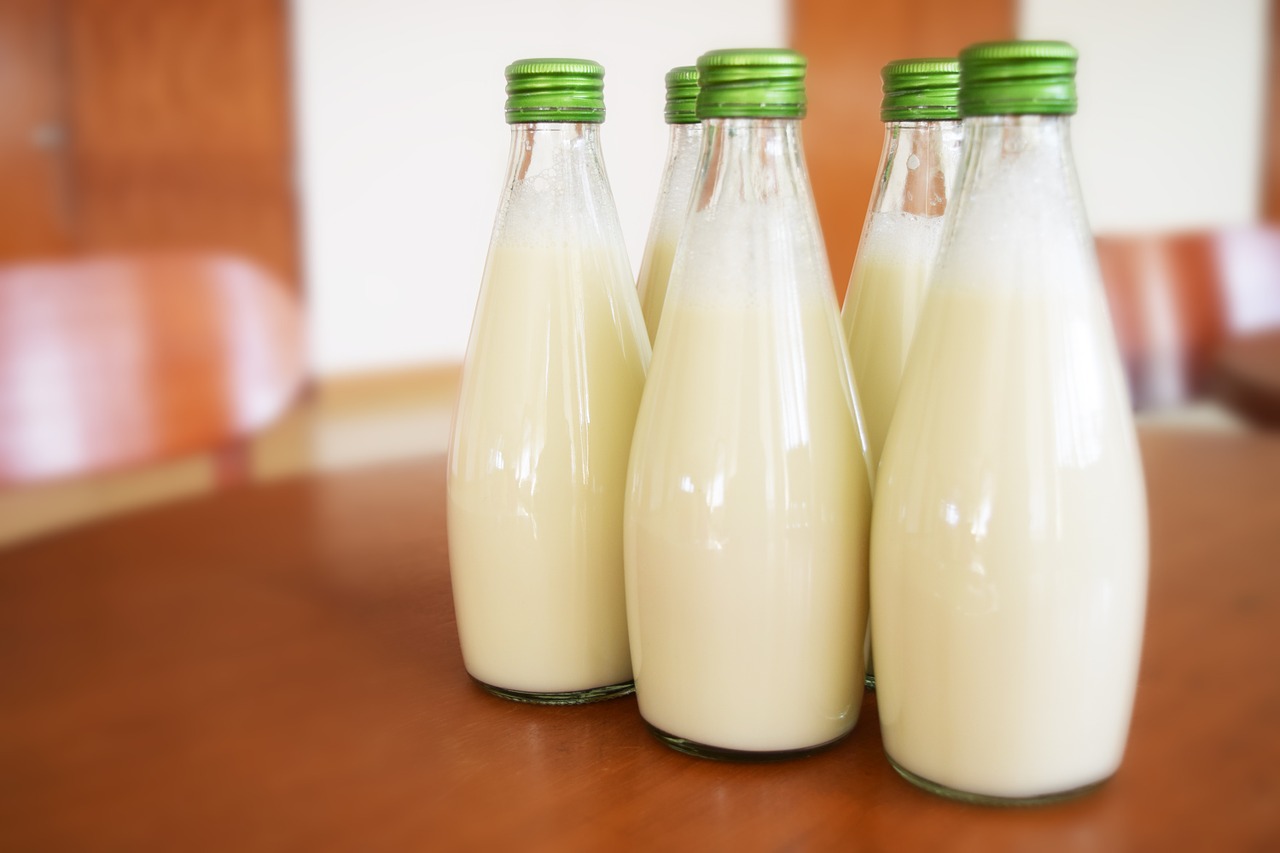Milk is such an important element in our nutrition, containing proteins and vitamins. But what about those whose bodies can not tolerate lactose? They represent more than 50% of the world’s population. Russian researchers thought about a solution and decided to create the first cloned cow to remove the protein that causes allergic symptoms.
Cloned cow
The cow was born in April last year. In the beginning, she lived in a separate space with her mother. Now, when she is 14 months old, she is nearly 500 kg. Also, there seem to be no differences between a normal cow and the cloned one regarding the reproductive system.

More about the experiment
A recent report shows that the experiment was a double win, not only succeeding to clone a cow, but also to take out the protein that causes problems to some people. It consists of removing the two genes that are beta-lactoglobulin from the calf genome. The embryo resulted from cloning somatic cells with the nucleus from a normal donator’s cell into an egg without its nucleus.
We are used to hearing about mice that are genetically modified, but it is even shocking to hear the same about other species. This does not happen every day, because it is harder, it costs more and it is much more demanding.
“Thus, a methodology leading to cattle with hypoallergenic milk is not only a necessity for agriculture of the future but also a cool project,” says Sergiev, a professor from the Skoltech Institute.
What is next ?
The last target for the researchers is to create an entire species that gives us free lactose milk, all by itself.
In addition to this kind of transformation, I can bring to your attention that researchers do cloning not only for humans but also for the animal’s health. For example, in New Zeeland, researchers edited the genome of the cows to change their black patches into gray ones.
This will minimize the amount of heat that they will absorb when pasturing.
“Projected onto a global scale, even modest improvements of eco-productivity from color-diluted cattle would translate into substantial environmental benefits,” encloses a recent study.























Leave a Reply